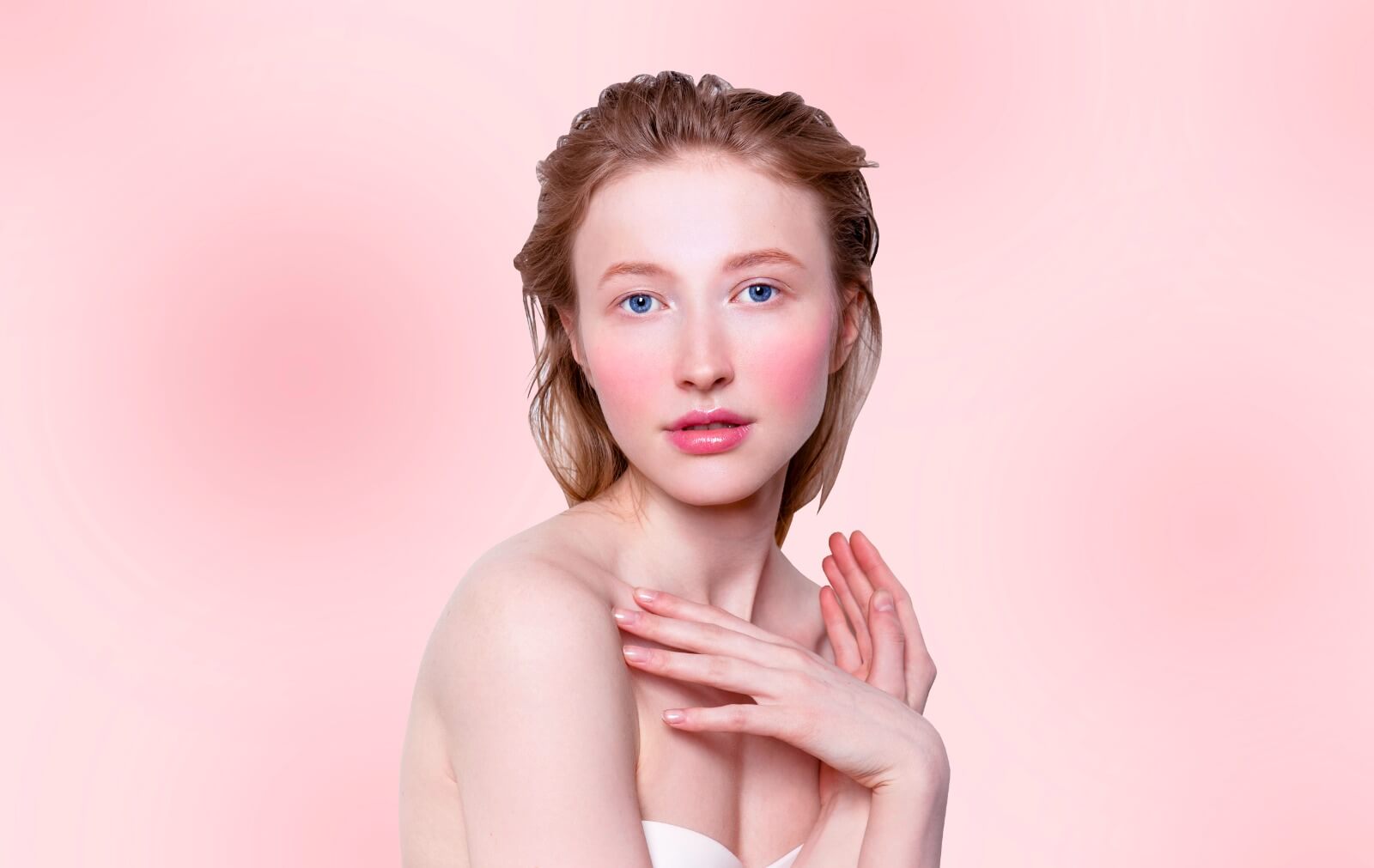When you picture someone who is blushing, you probably also picture someone who is embarrassed by something. Blushing is basically a universal sign of feeling or acting bashful, so it’s normal to associate it with someone who is feeling a little shy or timid. But what if it actually means something totally different?
A new study shows that blushing might actually mean you’re a narcissist, and the findings are pretty interesting. The study, which is published in the journal Psychophisiology, found that narcissistic children who blush from modest praise may be feeling depreciated, instead of bashful. They may be trying to hide this feeling behind their blush because modest praise is not enough for them, and they want more.
Researchers looked at 105 7-to-12-year-old kids in the Netherlands (with parental consent). For the study, they asked them to privately stand on a podium and sing a song, after which they would be evaluated by a “professional singer.” That person gave each child, at random, one of three responses: either “You sang incredibly well!” (inflated praise), “You sang well!” (modest praise), or “I heard you sing a song” (neutral).
The children who had been deemed narcissistic after filling out a quiz tended to blush only when given modest praise, while children who were not deemed narcissistic blushed less when getting modest praise.

It sounds strange, but it makes sense. Narcissistic children think of themselves in a grandiose way, and they want others to think of them that way also. They want to show off and be praised for it, and they actually expect to hear very inflated praise. Researchers theorized that anything less makes them feel depreciated, and they went about the study to prove that.
The blushing is proof. As study author Eddie Brummelman of the University of Amsterdam and Stanford University explained, “Even if narcissistic children feel depreciated, they may not admit this feeling to others, as they often hide their vulnerabilities. To capture this feeling, we recorded an emotional expression that, unlike other emotional expressions, cannot be faked: blushing.”
Blushing is proof because it is completely involuntary, and it happens when someone is worried that others might not think highly of them.
The children couldn’t hide their blushing, and it revealed what they wouldn’t tell anyone themselves.

So does this mean that anyone who blushes is a narcissist? Not really — it’s a bit more complicated than that. But it certainly is interesting!
